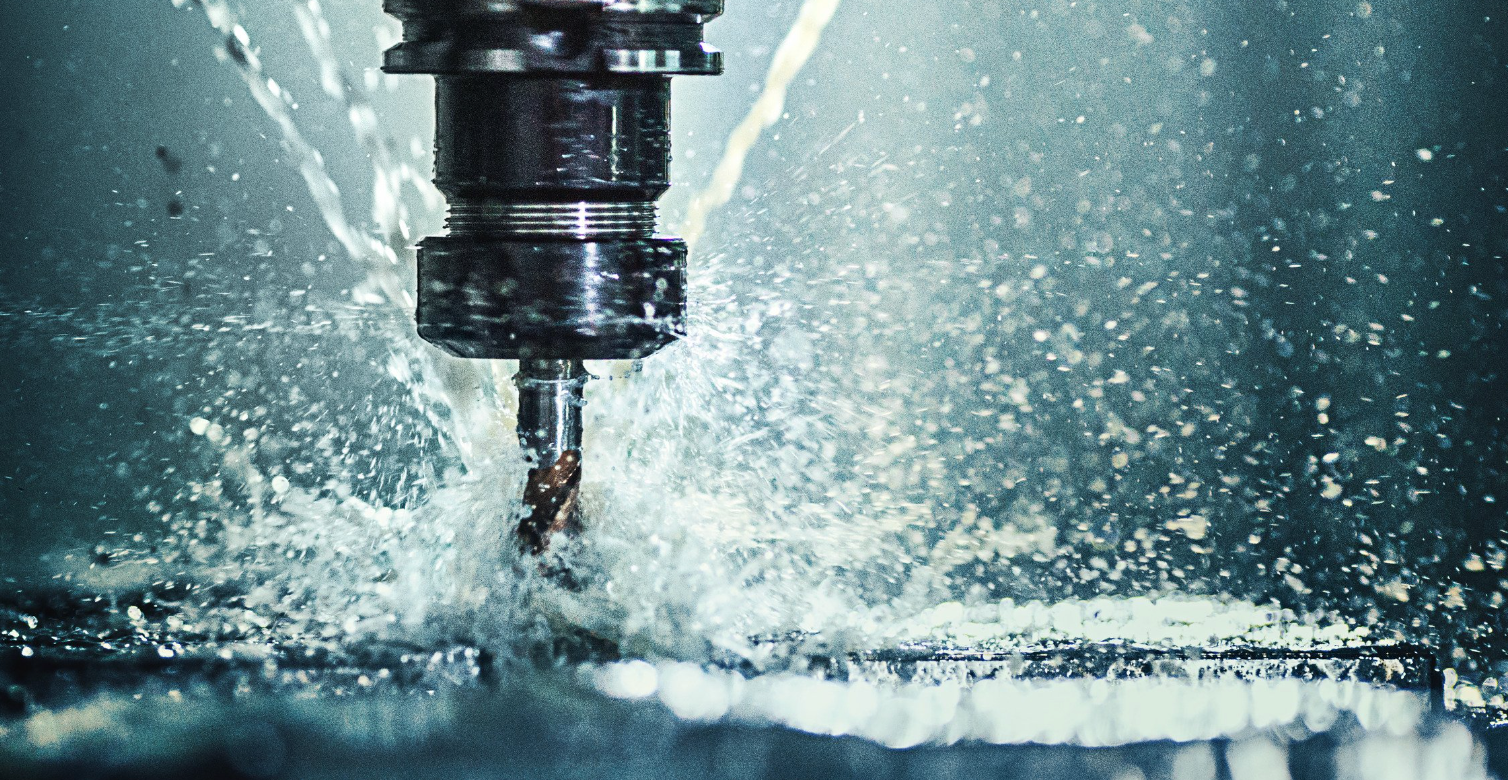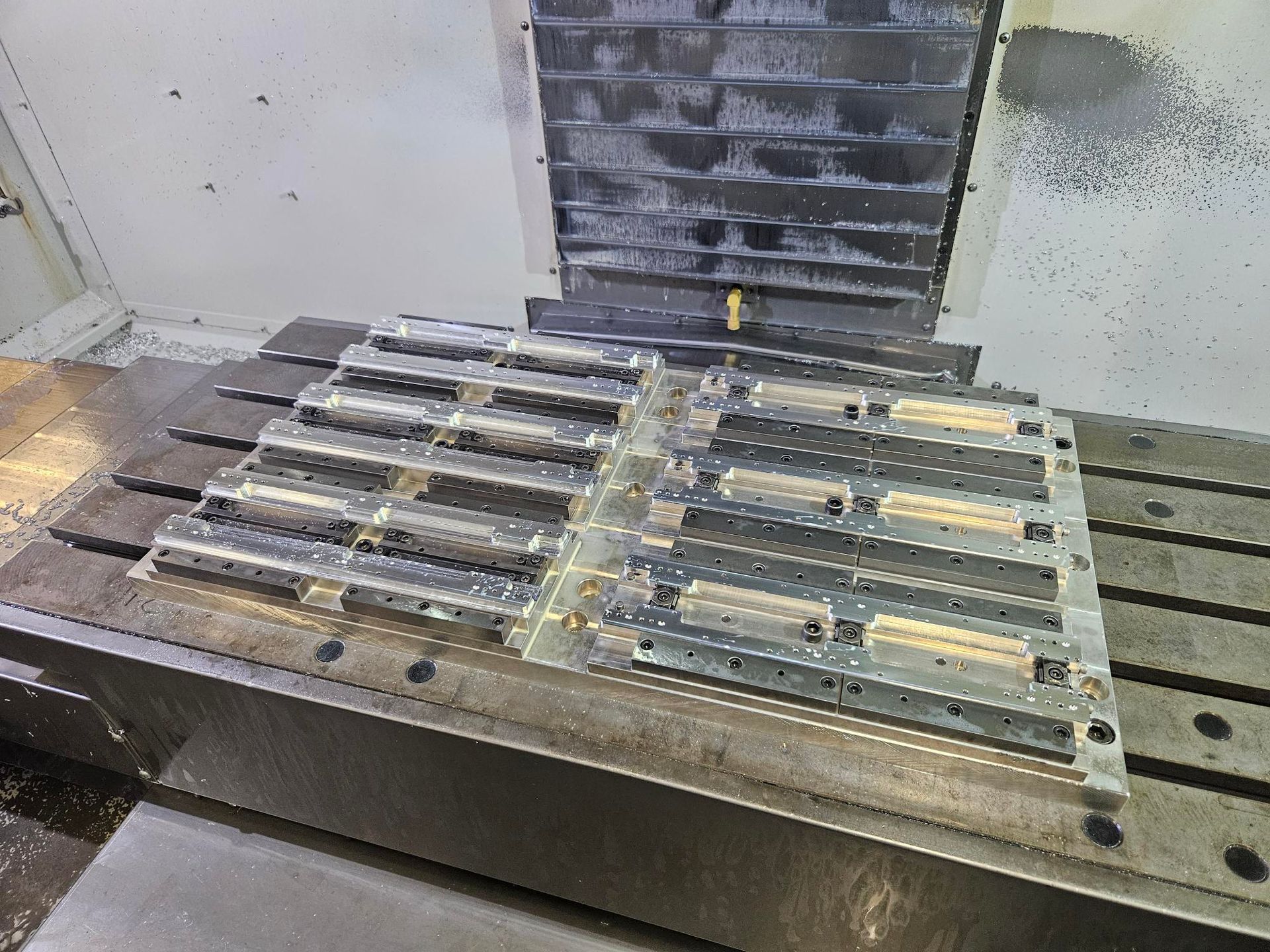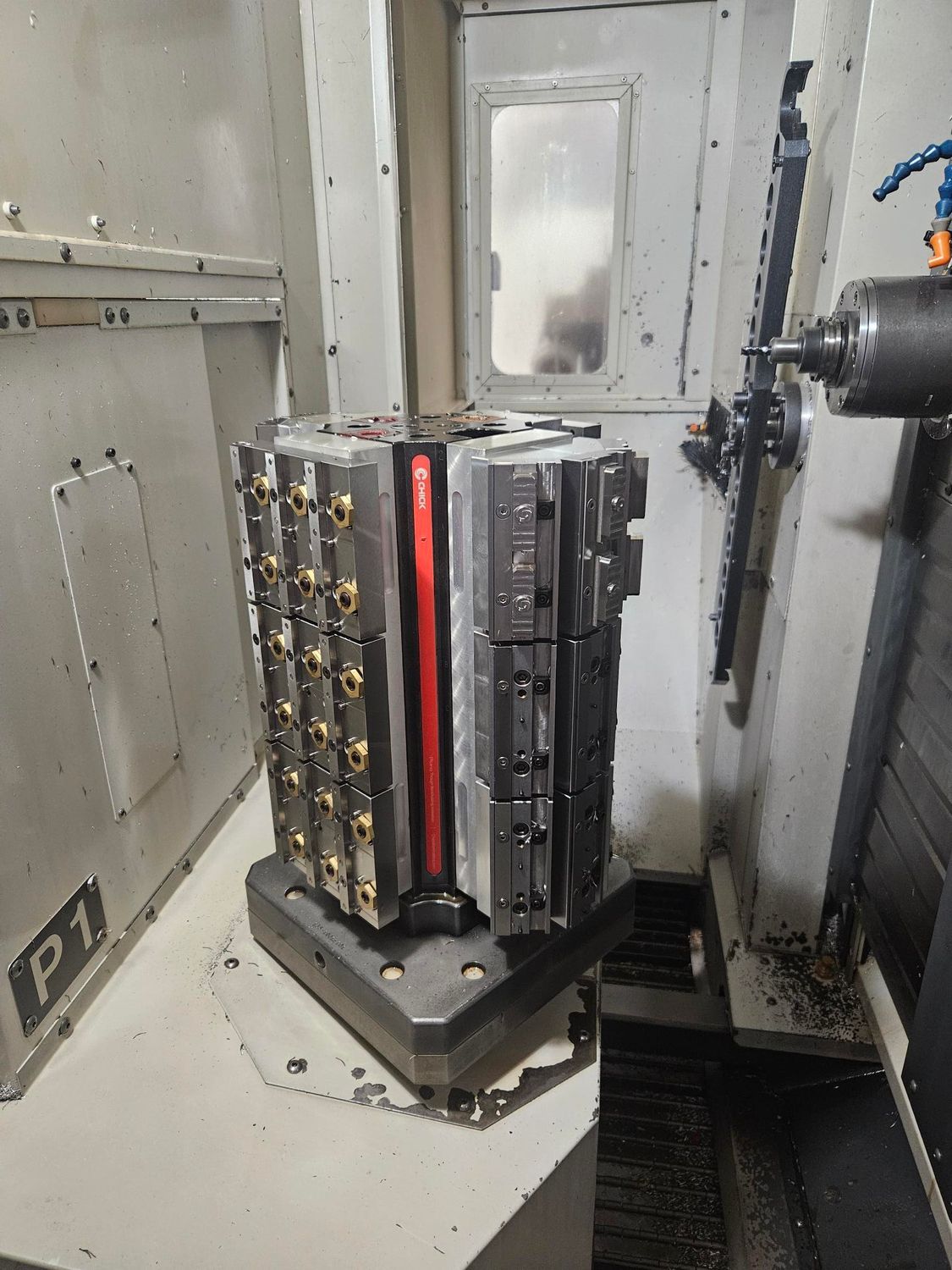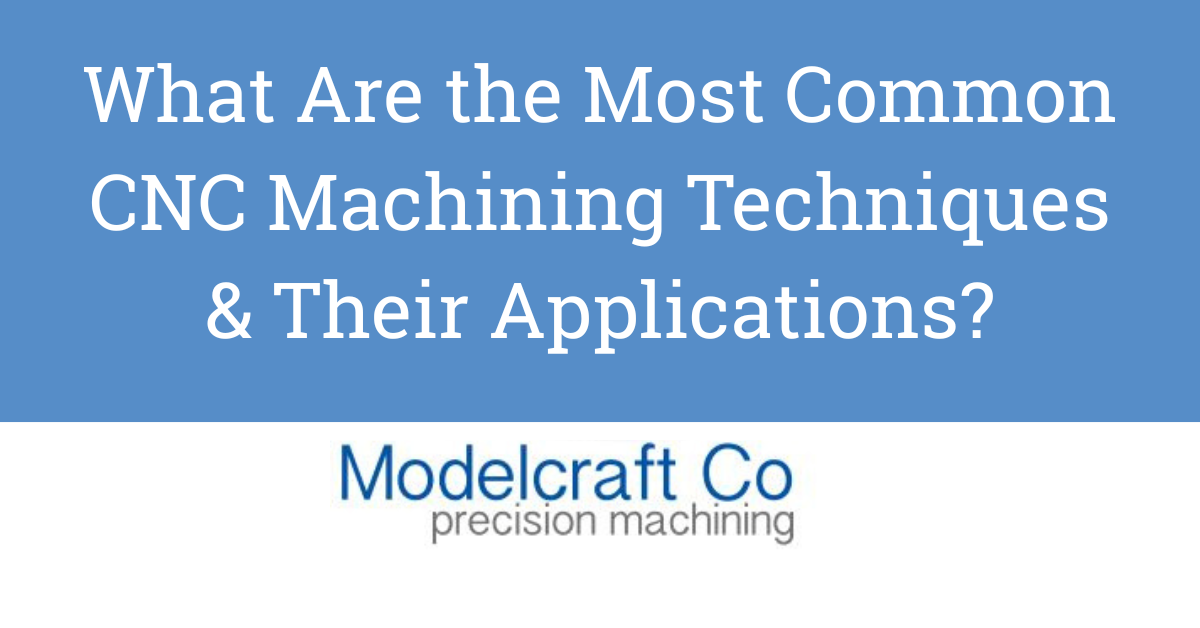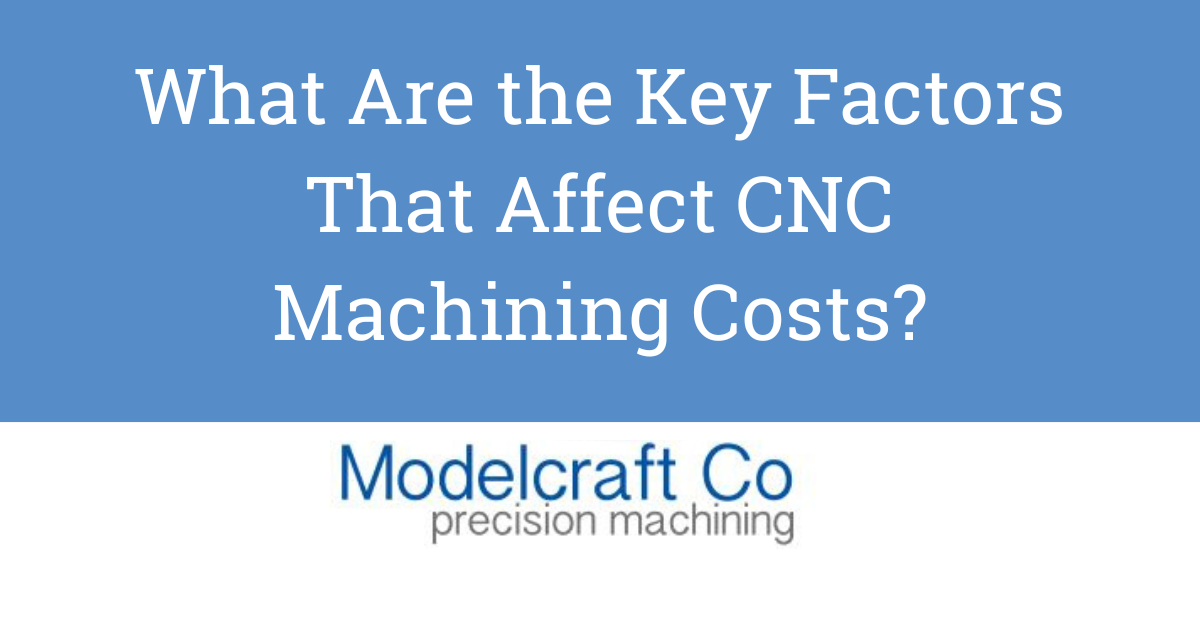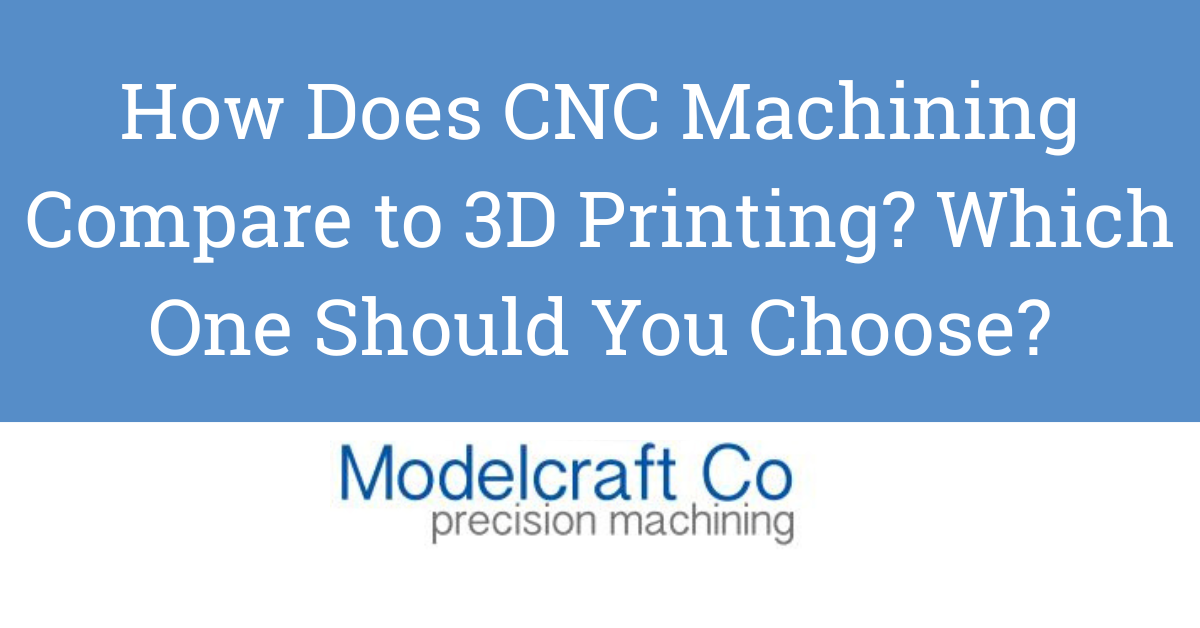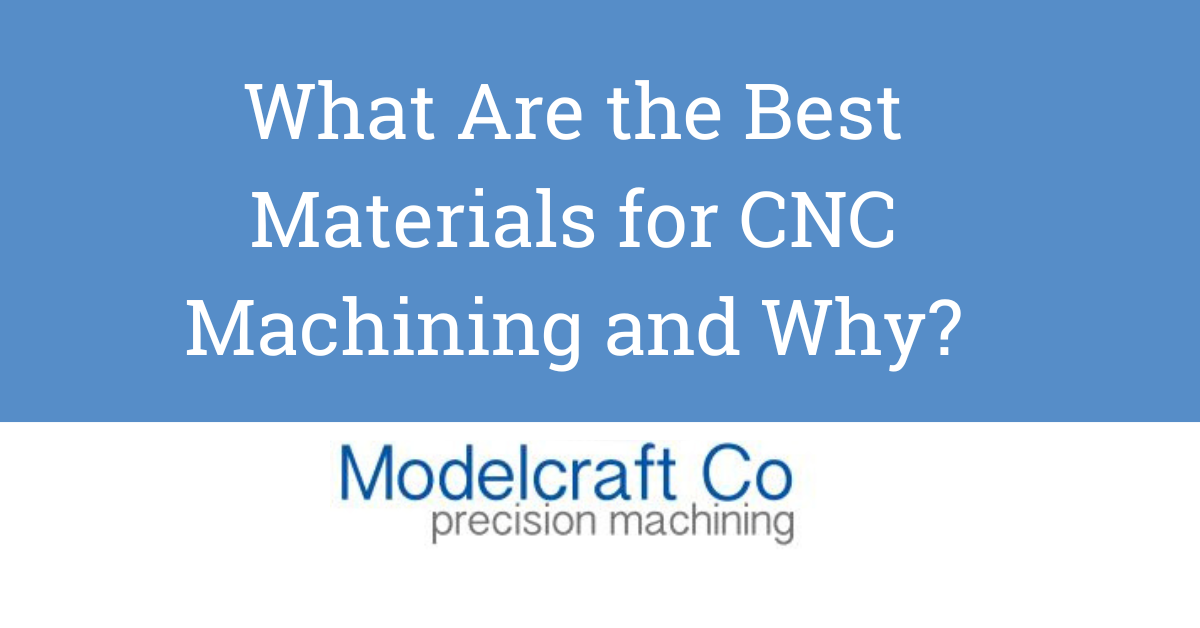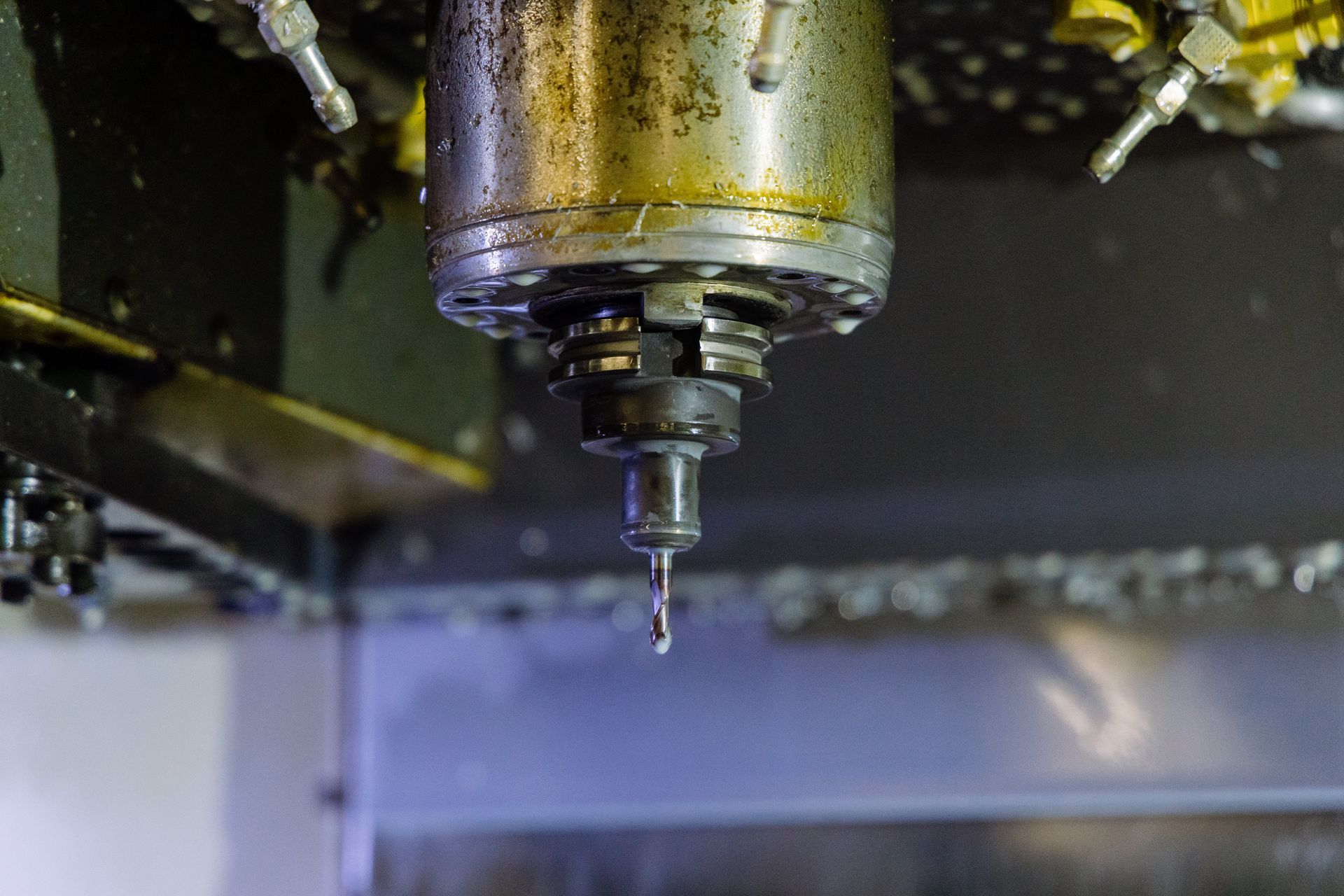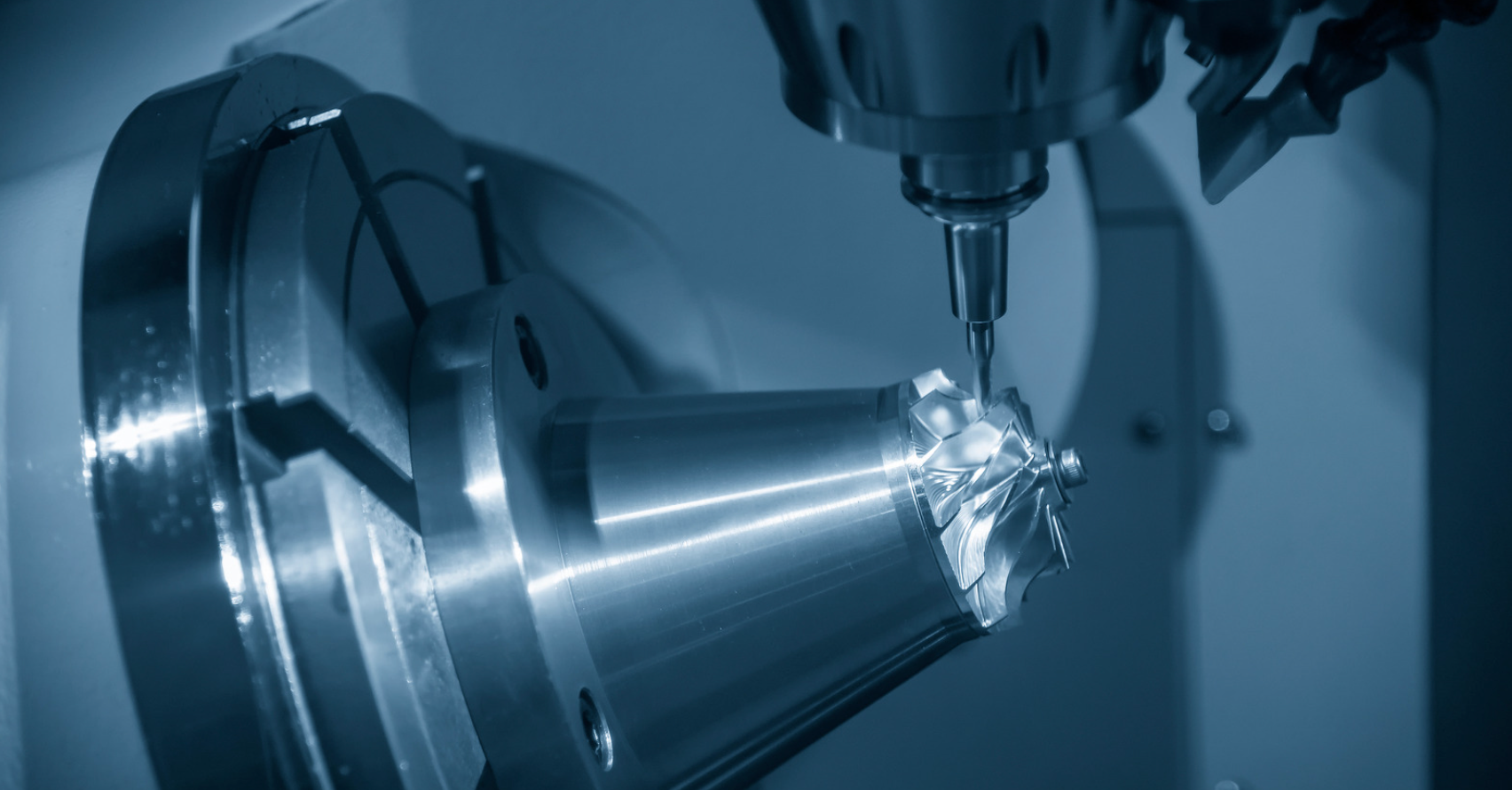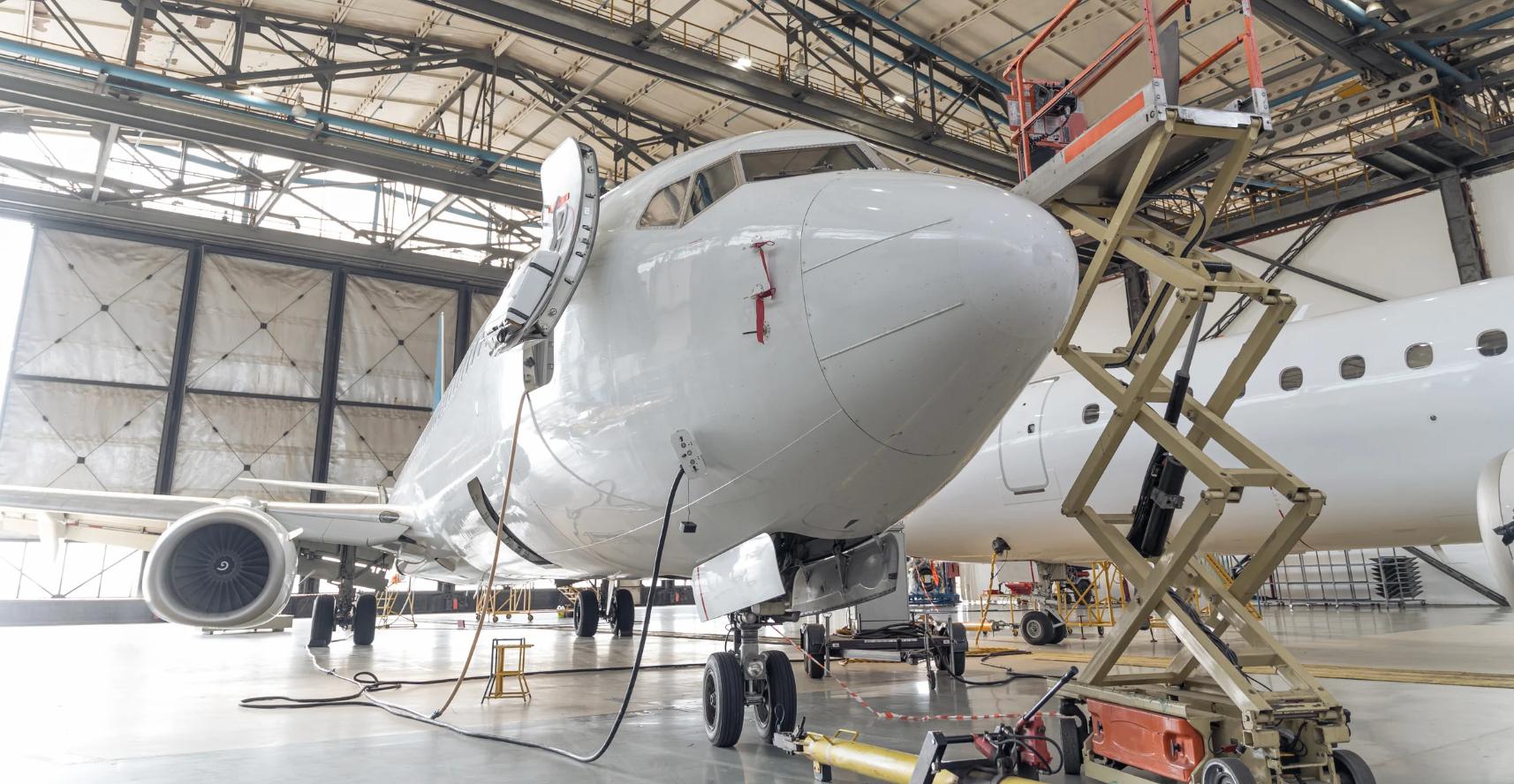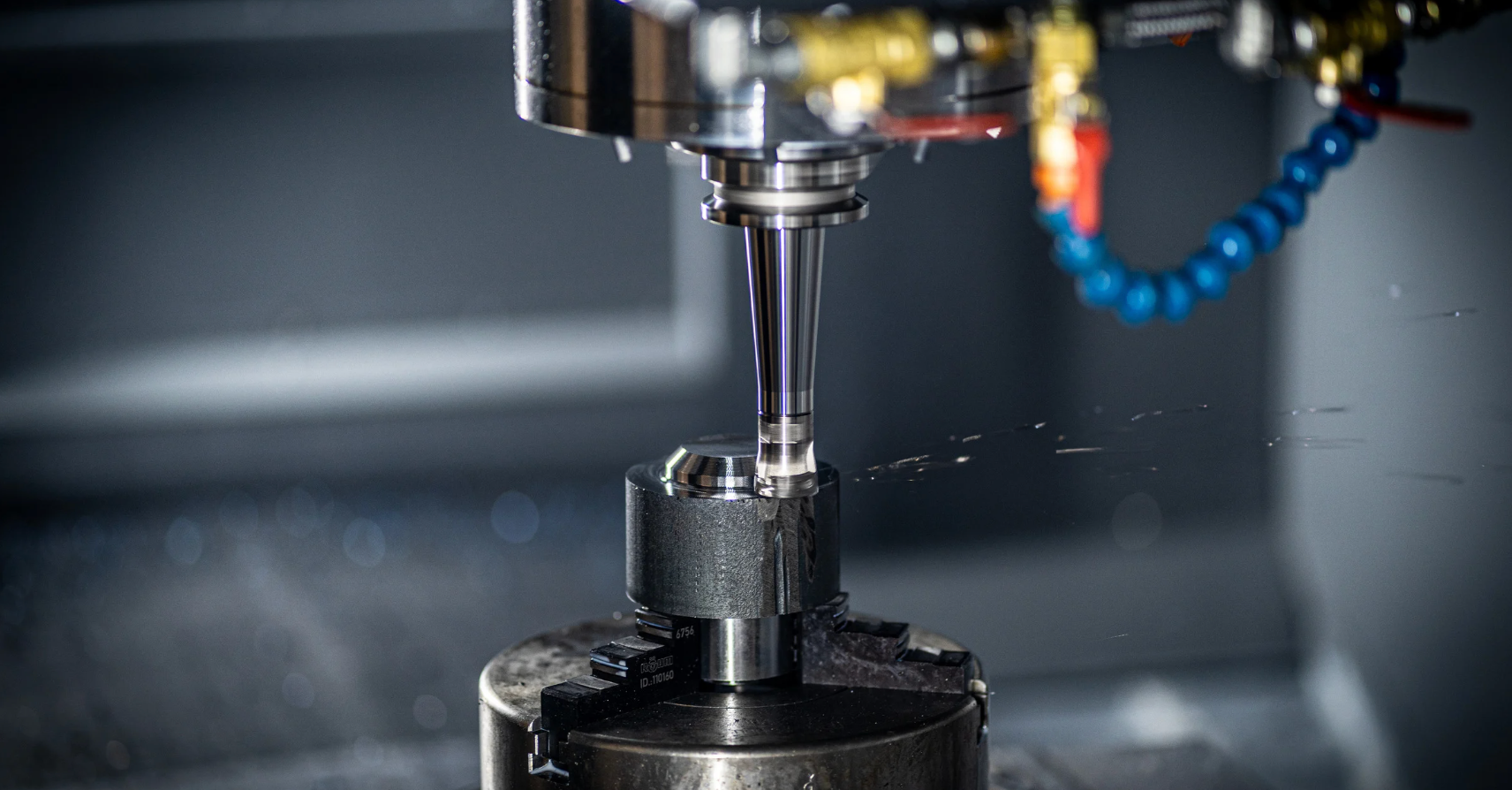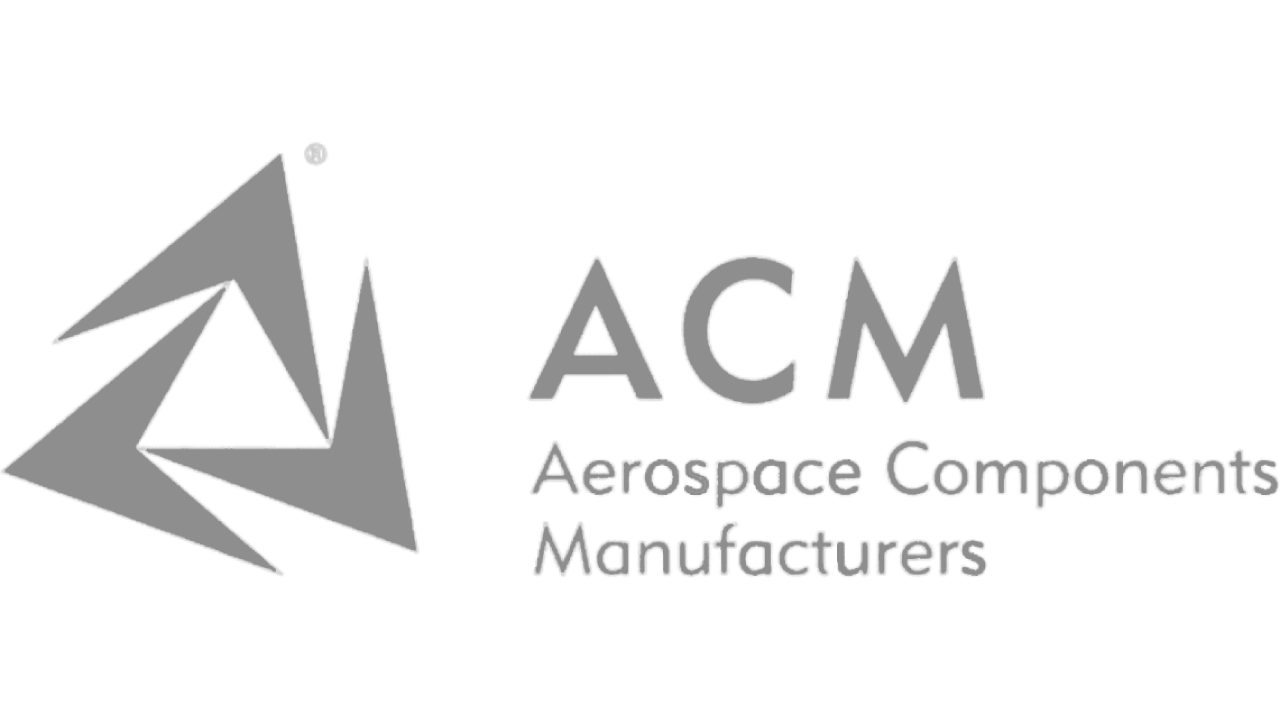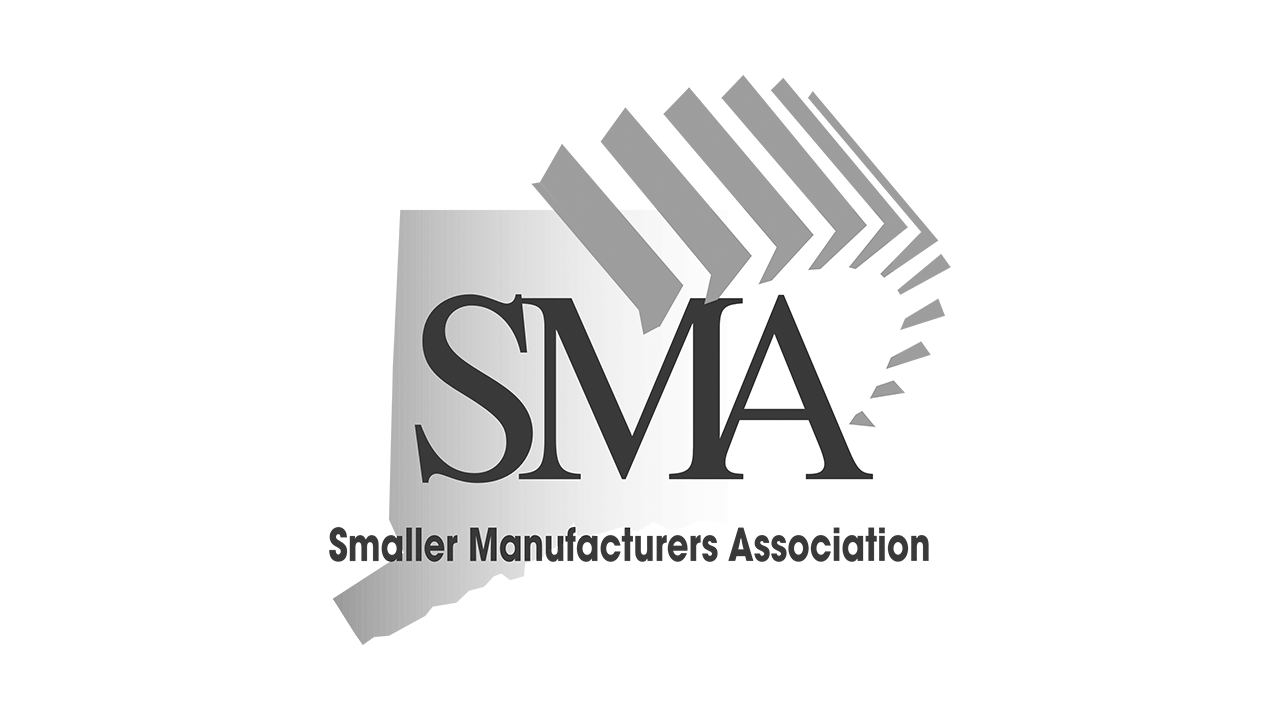Using Fixturing to Maximize the Efficiency of CNC Milling
In the precision manufacturing industry, efficiency and accuracy are paramount. At Modelcraft Co., we pride ourselves on delivering high-quality, precision-machined parts, especially for industries like medical, aerospace, and commercial sectors. One of the key strategies we employ to achieve this is the use of fixturing in our CNC milling processes.
What is Fixturing?
Fixturing refers to the process of designing and using custom fixtures—devices that securely hold a workpiece in place during machining. These fixtures are crucial in ensuring that each part is machined accurately, consistently, and efficiently. Without proper fixturing, even the most advanced CNC milling machines would struggle to maintain the high standards of precision required by industries that demand excellence.
The Role of Fixturing in CNC Milling
CNC milling involves the use of computerized controls and rotating cutting tools to systematically remove material from a workpiece. The complexity of parts and the tight tolerances required in industries like aerospace and medical device manufacturing make fixturing a critical component of the process. Here’s how fixturing enhances CNC milling:
- Precision and Accuracy: A well-designed fixture holds the workpiece firmly in place, reducing the risk of movement during machining. This stability is essential for maintaining the tight tolerances required in precision manufacturing. By ensuring the workpiece is consistently positioned, fixturing allows for repeatability in mass production, ensuring each part meets the exact specifications.
- Increased Efficiency: Fixturing allows for the machining of multiple parts in a single setup, reducing the need for frequent machine stoppages to reposition or re-clamp workpieces. This not only speeds up the production process but also minimizes the potential for human error during part setup.
- Enhanced Safety: Proper fixturing reduces the risk of the workpiece coming loose during machining, which can lead to machine damage or operator injury. Securely held workpieces also prevent tool breakage, further contributing to a safer and more cost-effective manufacturing process.
- Flexibility in Design: Custom fixtures can be designed to accommodate complex geometries and multiple operations, allowing for more intricate and varied parts to be machined with a single setup. This flexibility is particularly valuable in industries that require a wide range of custom components.
- Cost Reduction: By minimizing the need for multiple setups and reducing machining time, fixturing helps lower the overall production costs. The efficiency gains from fixturing mean fewer machine hours and less material waste, leading to cost savings that can be passed on to our customers.
Fixturing at Modelcraft Co.
At Modelcraft Co., our commitment to innovation and quality craftsmanship drives us to continually refine our fixturing techniques. We understand that each project is unique, which is why we invest in designing custom fixtures tailored to the specific needs of our clients’ parts. Our highly trained and experienced team collaborates closely with clients to understand their requirements, ensuring that the fixturing solutions we develop not only enhance machining efficiency but also align with their quality standards.
We utilize advanced CAD software to design fixtures that are precise and robust, capable of withstanding the demands of high-volume production runs while maintaining the tight tolerances our clients expect. Our investment in state-of-the-art equipment and our dedication to continuous improvement ensure that we remain at the forefront of precision manufacturing.
Here are some examples of improving fixturing efficiencies at Modelcraft:
By putting six parts on OP1 and six on OP2, you are able to maximize the table space of the mill and produce more parts per hour. In addition to this, the operator is freed up inspect his work or run additional machines during the run time.
Horizontal machines often benefit even more from fixturing. Not only can you maximize your parts on the pallet, you are also able to rotate the machine and get to multiple sides of the parts in one operation. Used effectively, they can have a considerable impact on part production.
Fixtures can also provide additional benefits beyond the above, including:
- Allowing the machinist to focus on additional task while the machine is running for longer cycles.
- Minimizing tool changes during the milling cycle to help decrease overall cycle time.
- Reduction in travel time of the spindle from one part to the other.
Keeping the door closed with the machine running longer ensures increased productivity and quality that we at Modelcraft use to keep our customers happy and returning for high quality products.
The Future of Fixturing
As manufacturing technology evolves, so too does the approach to fixturing. The rise of automation and advancements in materials are paving the way for even more sophisticated fixturing solutions. At Modelcraft Co., we are committed to staying ahead of these trends, continually exploring new methods and materials that can further enhance the efficiency and precision of our CNC milling processes.
Contact Us Today
Fixturing is an essential component of efficient CNC milling, particularly in industries where precision and quality cannot be compromised. At Modelcraft Co., we leverage our expertise in fixturing to deliver exceptional results for our clients, ensuring that every part we produce meets the highest standards of accuracy and efficiency. If you’re looking to partner with a manufacturer that understands the importance of fixturing in CNC milling, Modelcraft Co.
is here to help.
Contact us today to learn more about our capabilities and how we can assist with your next project.
Recent Articles
